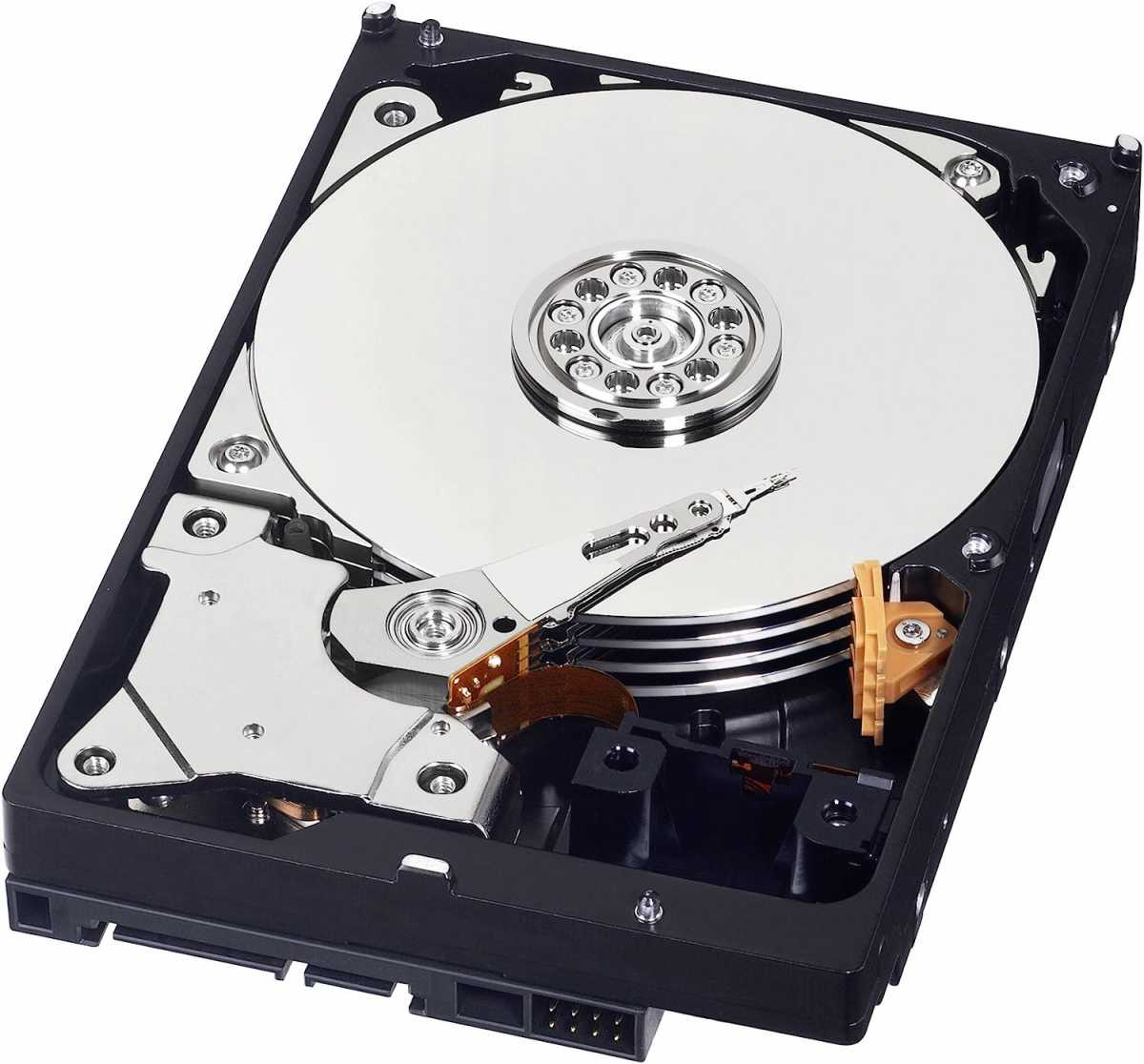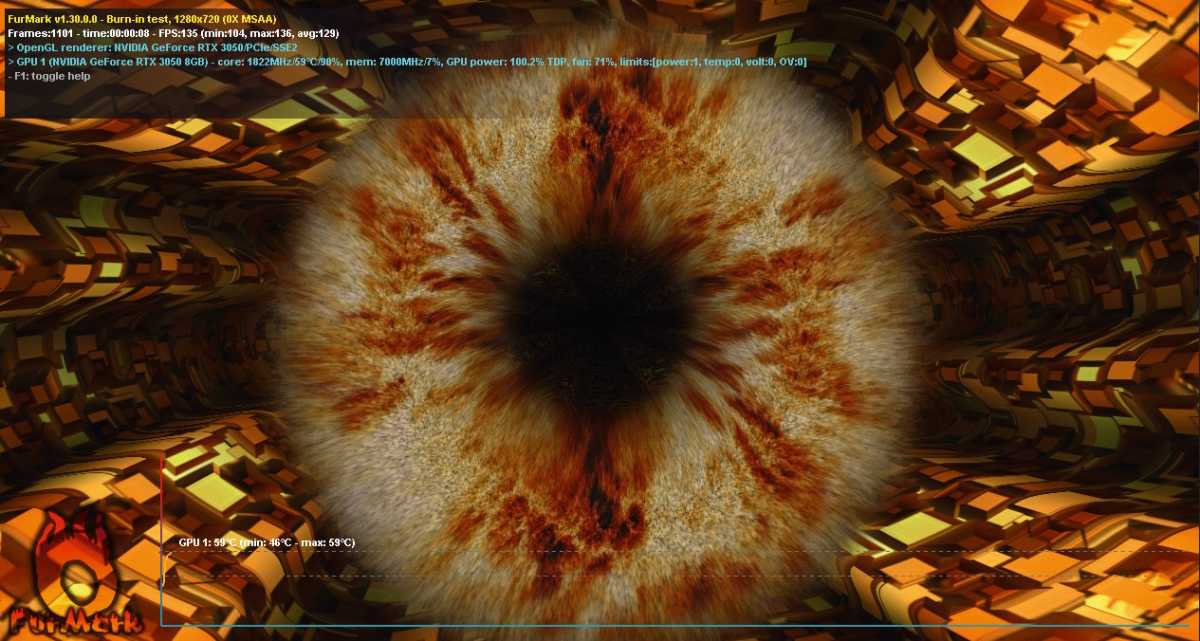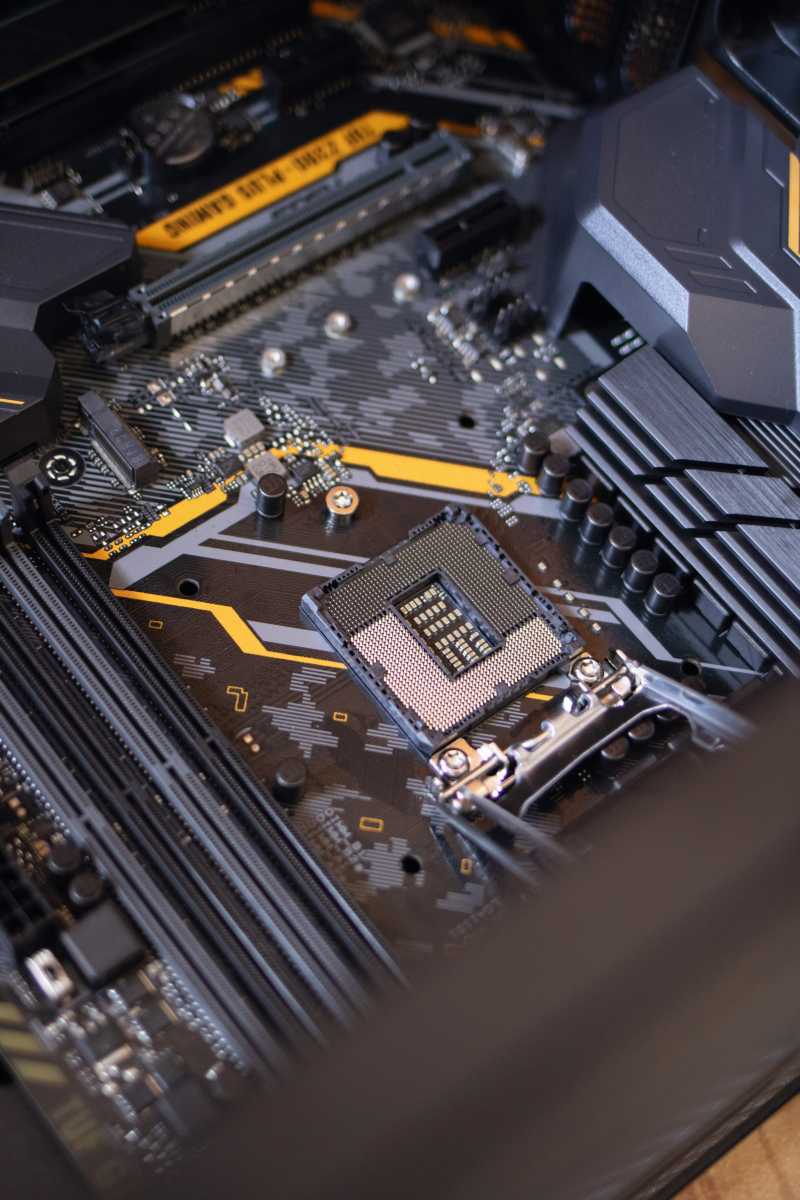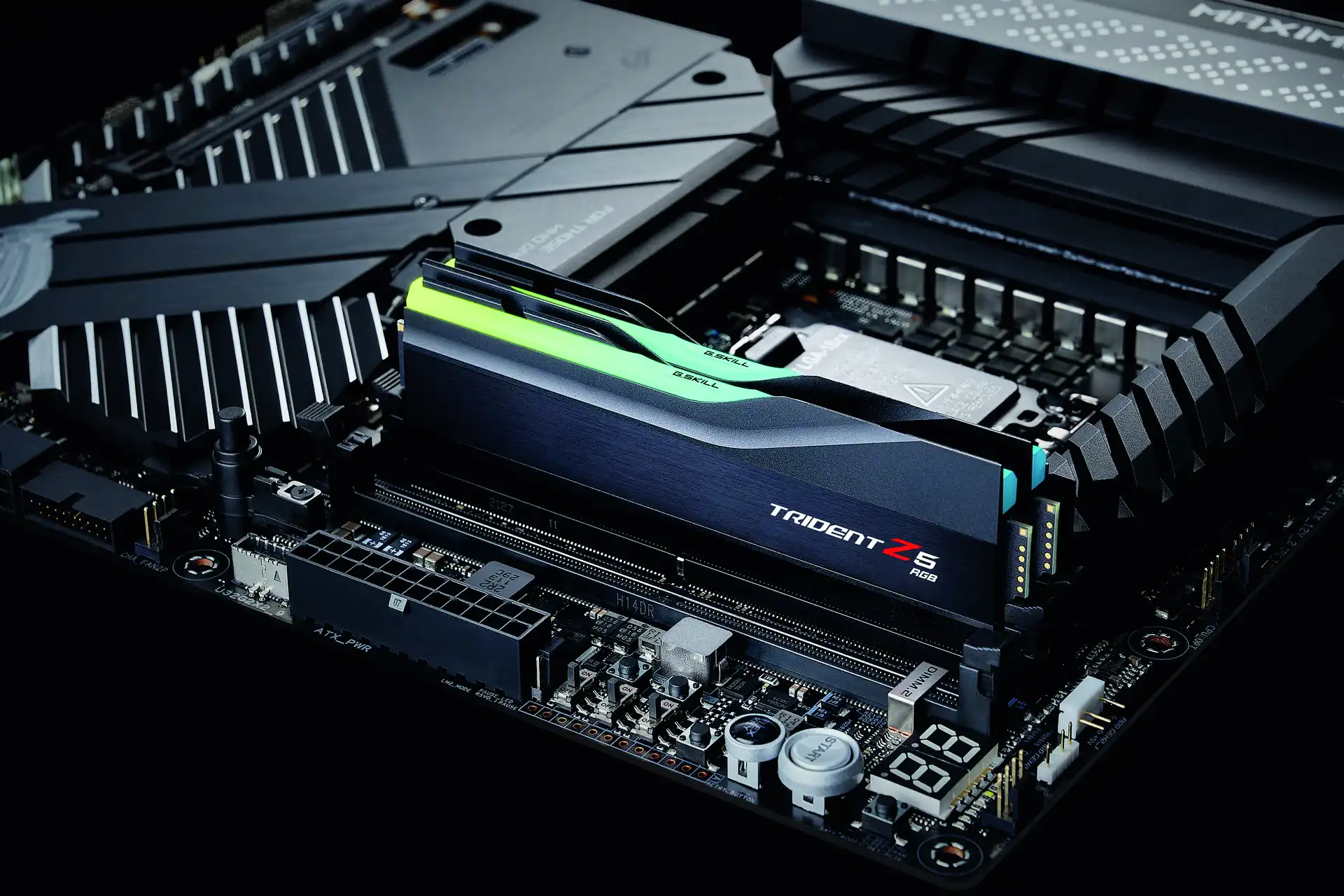The dream of a powerful PC can be expensive due to high hardware prices. Used PC components can offer a cost-effective alternative, as long as you know which parts are worth it and which you should avoid.
Every computer needs a central processing unit. Used CPUs are generally a safe purchase. Their architecture makes them resistant to damage from years of use. Nevertheless, you should make sure that a CPU has not been constantly run in an overheated environment or with constant overclocking.
A test with a tool such as Cinebench provides insights into the health and performance of the CPU. Graphics cards, especially high-end models, cost a lot of money. Caution is also advised when buying a used GPU.
Make sure that it has not been used intensively for cryptocurrency mining, as this accelerates wear and tear. A stress test with the free Furmark tool can help you identify thermal and electrical inconsistencies.

IDG
RAM modules are robust, so failures are rare. However, compatibility (e.g. DDR3, DDR4, DDR5) and clock frequency must be taken into account. Tools such as MemTest86+ can also check the integrity of the RAM. However, the process can be somewhat time-consuming.
Air coolers are usually reliable as long as they are not physically damaged. With liquid coolers or AIOs (all-in-one PCs), however, there is a risk of leaks or pump failures, which can lead to more serious problems. It is therefore advisable to check the performance and noise development in advance.
Monitors should be checked for dead pixels, burn-in, and other damage. For keyboards, mice, and headsets, you need to make sure that all buttons, LEDs, and functions are working properly.

IDG
Other components such as housings, radiators, heatsinks, or GPU mounts or riser cables are generally uncomplicated because they do not contain electronic components that can easily fail. Nevertheless, you should watch out for physical damage.
HDDs, on the other hand, have mechanical components that can wear out over time. While SSDs have no moving parts, they have a limited number of read and write cycles. Buying used drives can therefore jeopardize data integrity. For this reason, we do not recommend this.
The power supply unit provides all components with power. An aging or inferior power supply unit can cause voltage fluctuations. As a result, expensive hardware can be damaged. This is why buying used power supply units is risky — if at all, you should only buy branded power supply units with a long warranty period (8 to 12 years are possible here).

Pexels.com/Athena
The motherboard is the central connecting element of the PC. Faulty voltage regulator modules (VRMs) or damaged CPU socket pins can cause considerable damage. For this reason, a physical inspection and functional test are essential.
Overall, you should exercise caution in this regard. The market for used PC parts offers considerable savings potential. However, care and technical understanding are always required when buying used components in order to avoid disappointment later on.




